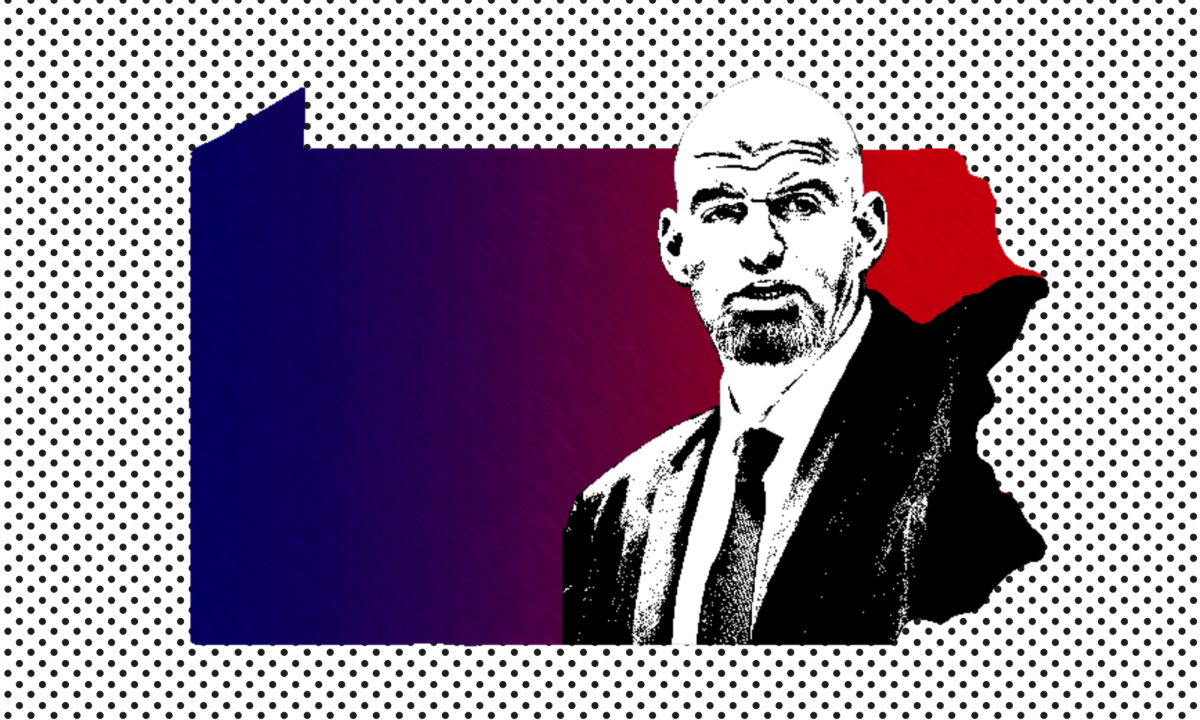In recent years, we have seen a pattern of politicians, notably from the Democratic side, calling their political associations into question. Among the Democrats who changed their party affiliation are Sen. Kyrsten Sinema of Arizona, Dallas Mayor Eric Johnson and Tricia Cotham, a member of North Carolina’s House of Representatives. Now, Sen. John Fetterman, the Western Pennsylvanian populist known for his unconventional attire and controversial political stances, faces similar scrutiny. Although he denies interest in switching parties, his actions have raised concerns among many Democrats — especially after the Republican Party’s sweeping victories in Pennsylvania’s 2024 elections, leaving supporters and previous voters wondering: What’s going on?
Many events have provoked controversy around Fetterman’s questionable political loyalty; however, none have stirred up Democrats more than his pre-inaugural visit with President Donald Trump. As one of the first bipartisan meetings since Trump’s return to office, the event reinforced suspicions that Fetterman may be drifting from the Democratic Party and on the verge of changing political affiliation. Fetterman has since lambasted the party’s claims, believing his actions are a necessity to accommodate Pennsylvania’s evolving political landscape. As a candidate and senator, Fetterman gained traction by defying Democratic norms, insisting on maintaining his personal politics by acknowledging and adapting to cater to the state’s new dynamic political environment. While there have been examples of this behavior throughout Fetterman’s career pointing to his shifting political exercises, the sheer magnitude of Republican victories throughout Pennsylvania’s 2024 statewide elections has caused Democrats to fear losing a key battleground seat in the Senate.
While Democrats’ fears seem reasonable, it’s important to reiterate that politicians should be allowed a certain amount of independence to represent the full range of their constituents’ political beliefs, even if elected under the constraints of the bureaucratically partisan American political system. Some may perceive Fetterman as situationally disloyal, which is fair. But restricting a politician of a politically diverse state so much that they can’t act in the best interest of their own constituents appears ostensibly undemocratic, or at least patently over-partisan. This is why we need more Fettermans on both sides of the aisle.














































